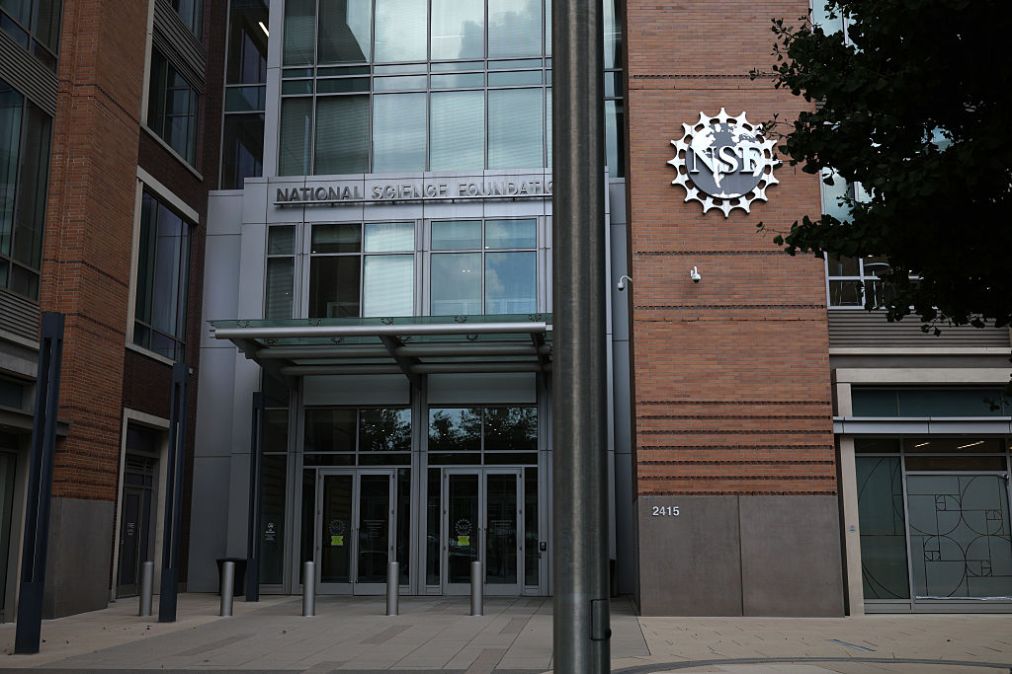House lawmakers seek bigger NSF role in AI education

A bipartisan trio of House lawmakers want the National Science Foundation to help make artificial intelligence more accessible to students, re-upping legislation aimed at expanding AI and STEM opportunities in higher education.
Reps. Vince Fong, R-Calif., and Andrea Salinas, D-Ore., reintroduced their NSF AI Education Act on Tuesday, adding Rep. Brittany Pettersen, D-Colo., as a co-sponsor and touting an expanded list of supporters from academia and industry. The House bill and its Senate companion both stalled out in Congress last year.
The legislation would authorize NSF to grant scholarships to students pursuing AI studies at the undergrad and graduate levels, with a key focus on high-priority sectors including manufacturing, agriculture and education.
Fong said in a press release that the bill seeks to ensure rural communities aren’t left behind as AI continues to “reshape the global economy.”
“Our legislation increases access to the tools and training that students and workers across the country need to thrive in the 21st-century economy,” he said. “By expanding AI education through scholarships, fellowships, and regional Centers of Excellence at community colleges, we can lay the groundwork for long-term opportunity for the next generation to lead in a world of rapid innovation.”
The bill calls on NSF to create fellowships for both students and instructors that allow them to “engage in AI-focused professional development across STEM fields,” per the press release. It would also require the NSF director to oversee outreach to rural institutions and tribal colleges or universities.
NSF’s director would additionally play a role in doling out “competitive, merit-based awards” to higher ed institutions and nonprofits to pursue R&D tied to AI teaching resources, with an eye on giving K-12 students an early jump on AI learning.
Community colleges and technical education institutions would also get a boost under the bill, with the establishment of eight regional Centers of AI Excellence on those campuses that would “serve as hubs” for AI education.
Salinas said in a statement that the bill will “help more Americans participate in this technological revolution.”
“Artificial intelligence technology has the potential to transform our society for good and drive economic growth across a broad range of industries, from clean energy to agriculture, to manufacturing,” she said. “Our legislation would help people build the skills they need to participate in the emerging AI workforce, expand research on responsible uses of AI, and leverage community and technical colleges to ensure these opportunities are available to individuals from diverse backgrounds.”






